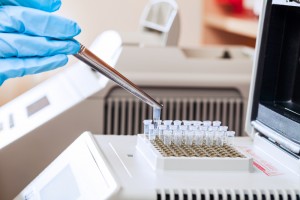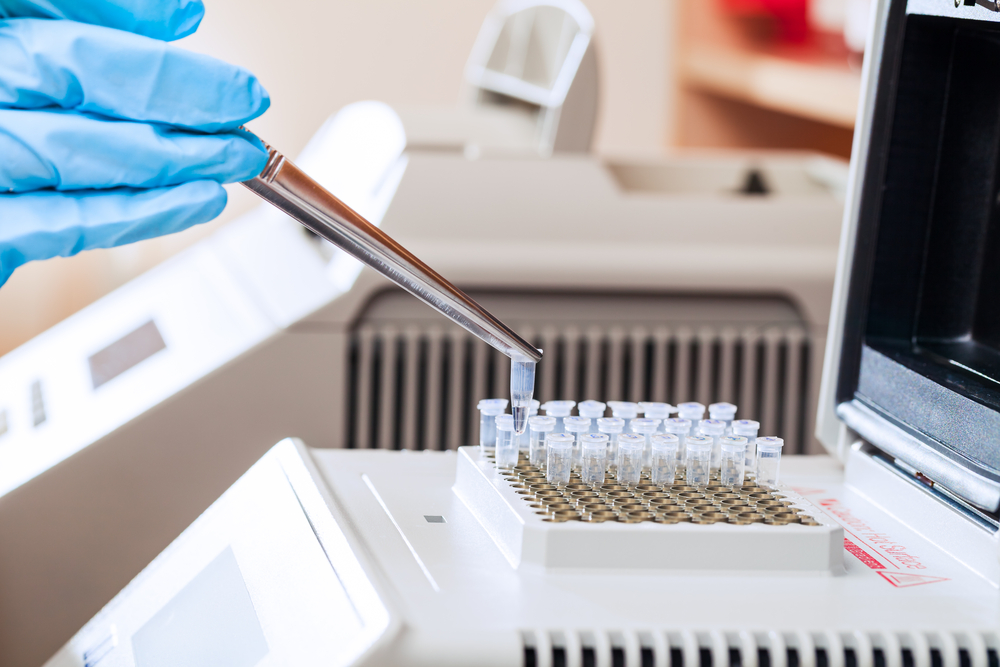 A recent study published in Nature, successfully demonstrated that Adaptive Biotechnologies’s immunoSEQ Assay could aid in the identification of patients suffering from metastatic melanoma who are more likely to respond to pembrolizumab therapy (PD-1 inhibitor).
A recent study published in Nature, successfully demonstrated that Adaptive Biotechnologies’s immunoSEQ Assay could aid in the identification of patients suffering from metastatic melanoma who are more likely to respond to pembrolizumab therapy (PD-1 inhibitor).
The multi-parameter study, led by Drs. Paul Tumeh and Antoni Ribas of the UCLA Jonsson Comprehensive Cancer Center confirmed that an immune response consisting mainly of a clonal immune repertoire before treatment correlates with clinical outcome to pembrolizumab therapy.
Furthermore, researchers observed that there was a significant increase in T-cell clones after treatment in patients who responded versus those who progressed with the therapy.
“Patients who respond to anti-PD1 therapy had their immune system ready to attack the cancer, but it was being held back by PD-1. By releasing this break, the patients’ immune system can mount an even stronger attack on the cancer anywhere in the body. The immunoSEQ Assay confirmed both the existing immune system readiness prior to treatment and the quantitative validation of the stronger presence of T-cells post-treatment in the responders”, Dr. Ribas explained in a press release.
The team of researchers used Adaptive’s immunoSEQ Assay, an immune profiling sequencing technology, to sequence the T cells present in the tumor microenvironment before pembrolizumab treatment, seeking to understand the probability of a positive response to therapy. The same approach was used after the treatment to evaluate the different immune repertoire resultant from pembrolizumab in patients who responded versus those who did not exhibit an immune response.
One of the reasons for different responses to pembrolizumab therapy (before and after treatment) could be the expression levels of PD-1/PDL-1 proteins on the surface of both T cells and cancer cells, and the presence of T-cell antigen receptors.
To validate this hypothesis, researchers quantitatively evaluated samples from 46 patients (using immunohistochemistry and multiplex immunofluourescence), observing that patients who responded to therapy had higher levels of PD-1/PDL-1 and higher numbers of effector T cells within their tumor microenvironment.
Harlan Robins, founder of Adaptive Biotechnologies and study author, concluded in the press release, “Adaptive is honored to partake in this critical biomarker study with UCLA, and is committed to using our TCR sequencing assay to enhance our ability to predict responders to PD1 inhibitors and other targeted cancer immunotherapies that leverage the body’s own ability to fight cancer. It appears to be a consistent finding that having an immune system that is ready to attack is key to response to many immunotherapies.”


